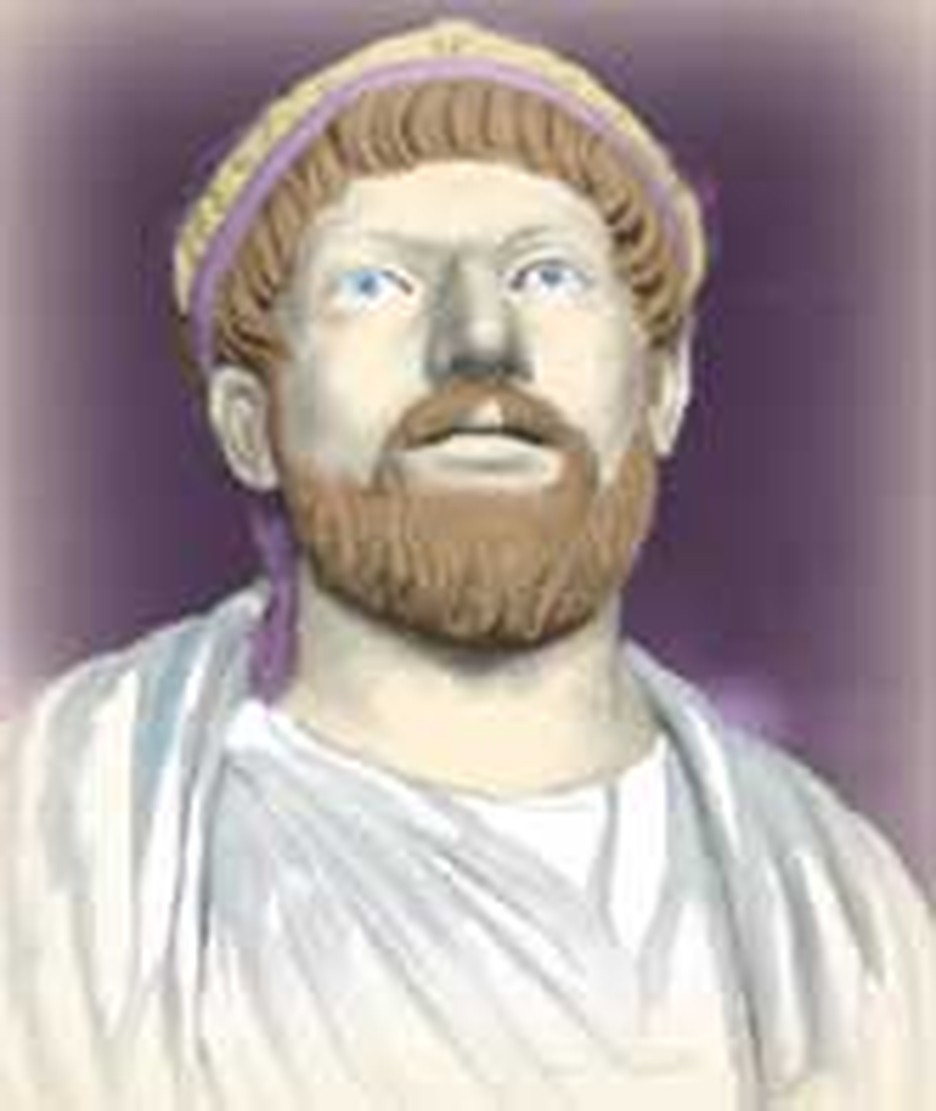
No sooner had the church found freedom from outside persecution in the Roman Empire than it experienced divisions from within. Emperor Constantine made Christianity legal. Where before a bishop had to be a lover of Christ willing to die for truth under dreadful tortures, now the post was coveted by many as a position of prestige, influence and easy money. Side by side with honorable church leaders, heretics rose to power.
The foremost of the early heresies was Arianism, a doctrine that for all practical purposes denied the divinity of Christ. It had many powerful backers. The harmony of the empire was endangered while the church wrangled over the true nature of the Son of God. So troublesome did the squabble become, that Constantine called the first of the great church councils. Held at Nicea in 325, its champions were Cyril of Alexandria and his protégé Athanasius. The council declared that scripture teaches that Christ is truly God and of the same substance and duration as God the Father.
Eusebius (not the famous church historian) grew up during these years of religious strife. He was born in Sardinia. After his father died in prison, a martyr for the faith, Eusebius was reared in Rome, where he was ordained as a lector --a person with responsibility to publicly read the scriptures. Later he served at Vercelli in Piedmont, Italy. He was so zealous that when the bishop of Vercelli died, Eusebius was unanimously chosen by the local congregation to take his place. Julius I, bishop of Rome, consecrated him on this day, December 16, 340.
The council of Nicea, held in 325, had barely checked the spread of Arianism. The heresy would not go away. Liberius, bishop of Rome, sent Eusebius to Arles to urge Emperor Constantius (a son of Constantine) to convoke another council to settle the issue once for all. Constantius called a synod at Milan. At first Eusebius was of a mind not to attend. He saw plainly that the emperor was going to side with the Arians and that they would condemn Athanasius, whom they hated for his role in drafting the Nicean creed.
The emperor pressed Eusebius to attend. However, when the bishop appeared, he was not permitted into the assembly for ten days until the condemnation of Athanasius was drawn up. Eusebius refused to join in condemning Athanasius. Instead, he attempted to have all present sign the Nicene Creed, but the creed was torn out of the hands of one of his allies, and his pen was broken. Constantius banished Eusebius along with two other bishops who bravely resisted the majority.
Ironically, it was a pagan emperor, Julian the Apostate, who ended Eusebius's exile. Eusebius returned to Milan in 361 from Egypt, his third place of imprisonment. For the last ten years of his life, he traveled widely, preaching the truth and seeking to restore the Nicene creed throughout the length and breadth of the Roman Empire.
Bibliography:
- "Eusebius of Vercelli." New Schaff-Herzog Encyclopedia of Religious Knowledge. Grand Rapids: Baker Book House, 1954.
- "Eusebius, St." The Oxford Dictionary of the Christian Church. Edited by F. L. Cross and E. A. Livingstone. Oxford, 1997.
- Ott, Michael. "Saint Eusebius." The Catholic Encyclopedia. New York: Robert Appleton, 1914.
- Various internet articles.
Last updated May, 2007.


